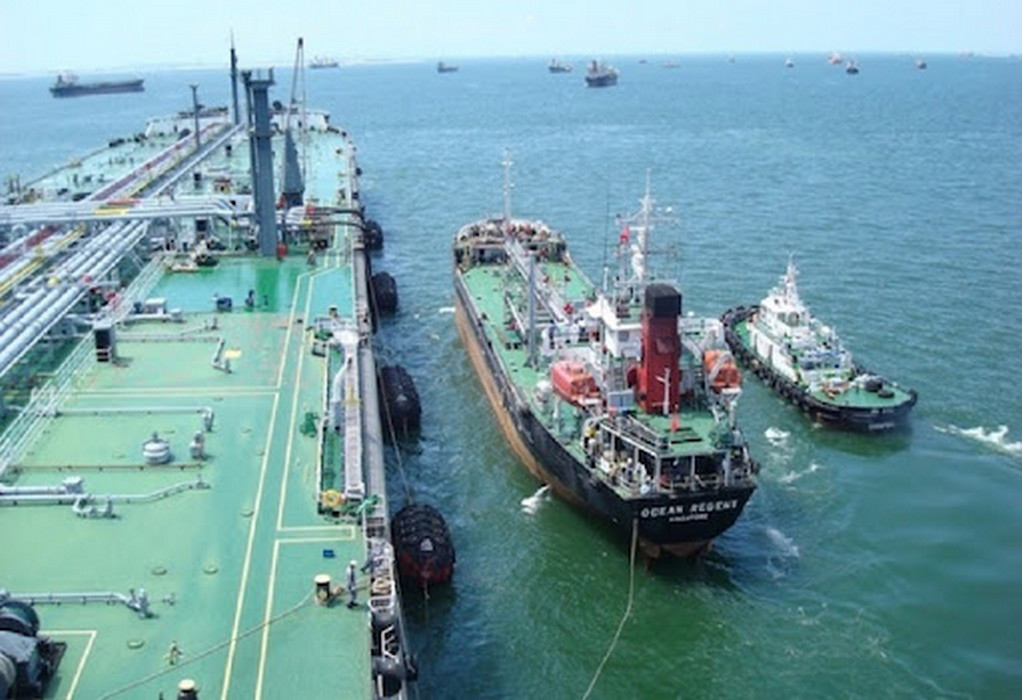The Clean Marine Fuels (CMF) Working Group of the International Association of Ports and Harbors (IAPH) has published a series of bunkering checklists for alcohol-based fuels, including methanol.
Methanol, which can be carbon-neutral when produced from sustainable hydrogen and carbon dioxide (CO2) by direct air capture (DAC), has been used as a fuel alternative in the shipping industry on a small scale since 2015.
However, it is expected to become more popular in the next 10 years given the significant number of ordered dual-fuel ships, which can use methanol alongside traditional marine fuels.
The CMF, a voluntary working group within the IAPH, has just completed work on developing safety tools for methanol and other alcohol-based fuels used as marine fuel. These include a total of seven safety bunkering checklists for ship-to-ship, as well as truck-to-ship transfer scenarios.
The working group began by creating bunker checklists for liquefied natural gas (LNG), and have used this expertise to develop checklists for other new alternative fuels, including liquefied biogas (LBG) and liquid hydrogen (LH2), all of which have been available on the IAPH World Ports Sustainability Portal since last November.
All CMF bunkering checklists pass through a process of industry consultation where they are sent to classification societies, other NGO experts, and bunker operators for feedback.
Tags: CMF, CO2, IAPH, Methanol, Methaol



Recent Posts
Hong Kong Launches Incentive Scheme to Promote Green Maritime Fuel Bunkering
MSC Hosts Sustainability Experience in Antwerp for Global Supply Chain Leaders
Kinetics and Mitsui O.S.K. Lines Sign MOU to Develop World’s First Integrated Floating Data Center Platform
Port Newark installs EV truck chargers at PANYNJ facility
Singapore’s first fully electric tug launched, paving the way for zero-emission coastal logistics ecosystem
Blue Marlin Becomes First Inland Cargo Vessel with Solar-Assisted Propulsion
ABB and Royal Caribbean Partner on 15-Year Deal to Drive Vessel Efficiency and Decarbonization
IET Establishes Centres of Excellence for Green Hydrogen and Electric Vehicle Research